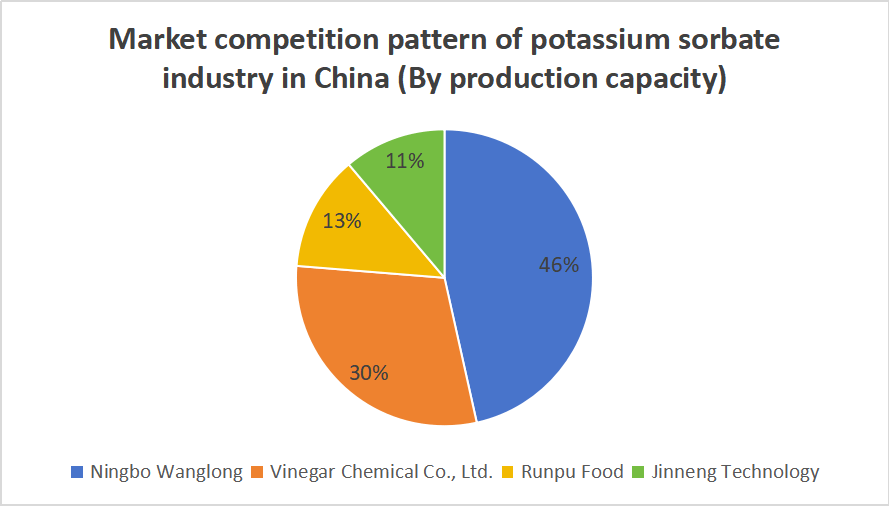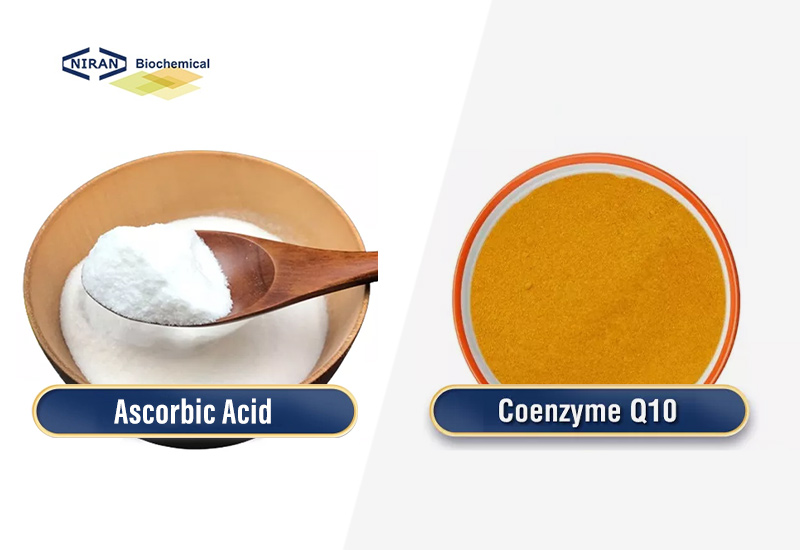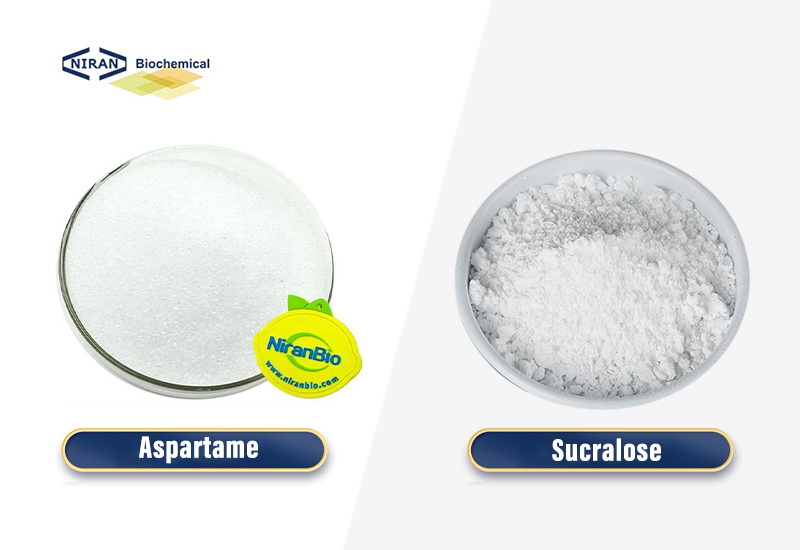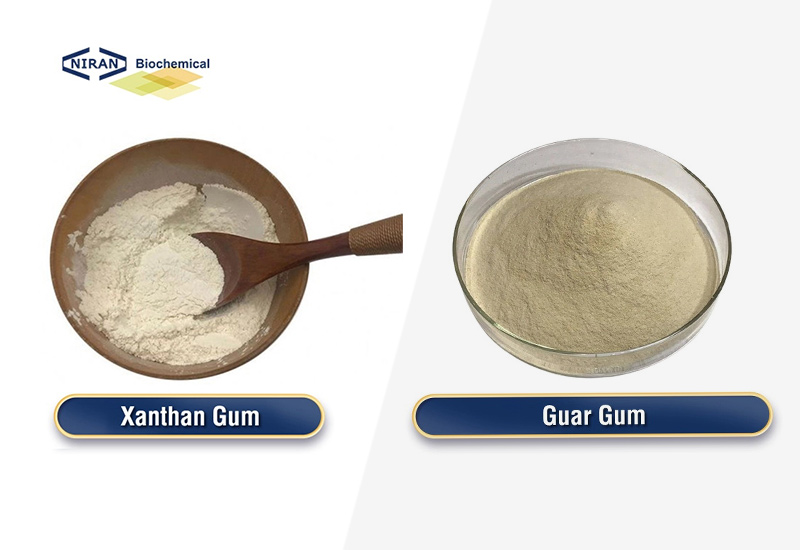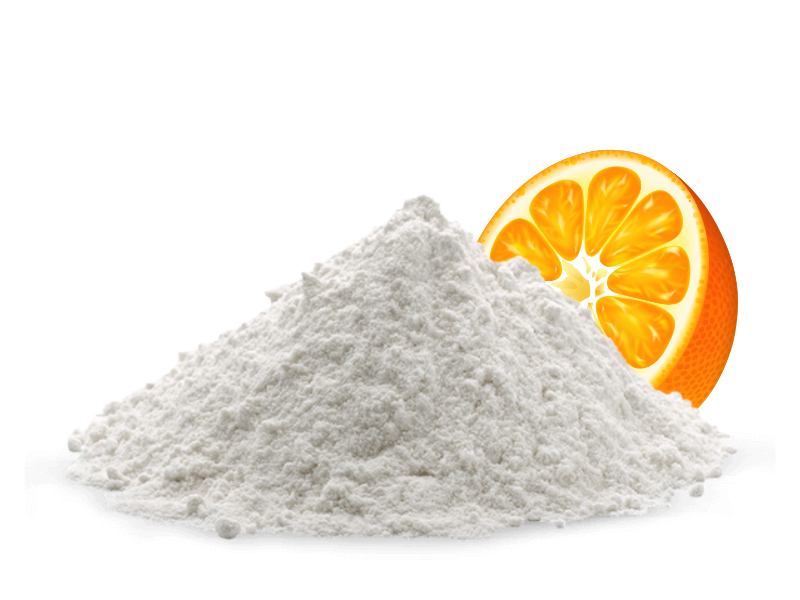Ascorbic Acid vs. Calcium Ascorbate: A Detailed Comparison
Vitamin C, a vital nutrient for overall health, is commonly found in two forms: ascorbic acid and calcium ascorbate. Both forms are used as dietary supplements to fulfill the body’s daily Vitamin C requirements, but they have distinct differences in their chemical composition, absorption rates, and benefits. This article will delve into a comprehensive comparison […]


